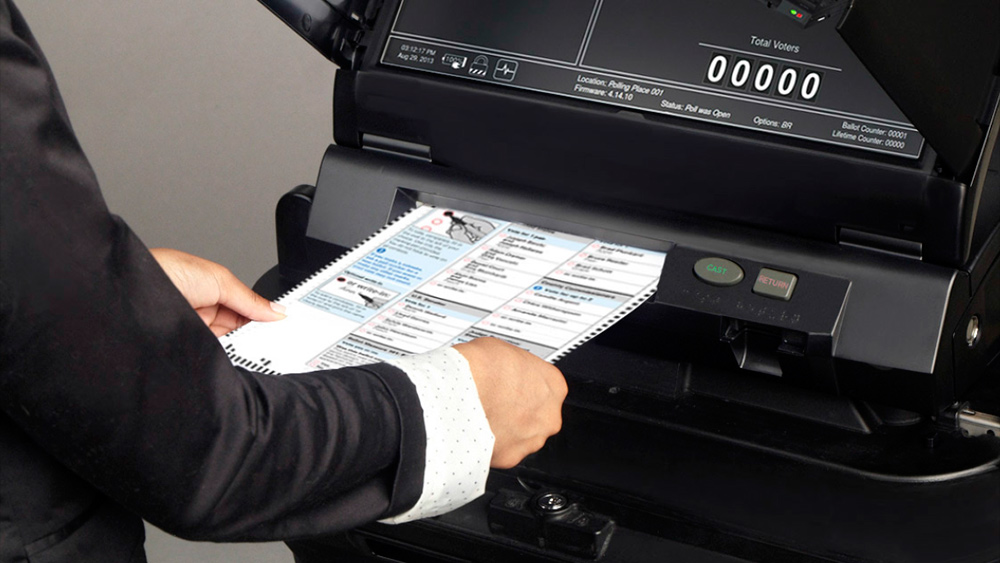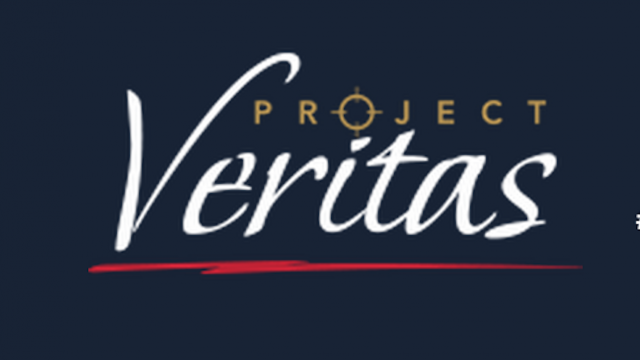BIG BROTHER ALERT: CBDC projects around the world not installing privacy safeguards, British privacy organization finds
01/17/2024 / By Arsenio Toledo

British civil liberties and privacy campaigning organization Big Brother Watch has found in an investigation of seven central bank digital currency (CBDC) projects that not one of them have installed safeguards to preserve consumer privacy.
A CBDC is a blockchain-based digital form of fiat currency that is issued and managed by a national – or, in the case of the European Union, a supranational – central bank.
CBDCs draw significant inspiration from cryptocurrencies but differ in the aspect of decentralization. By their very nature of being managed by central banks, CBDCs are under the direct control of national financial institutions. These central banks can pass a variety of control measures such as approving and disapproving certain transactions, freezing funds, blacklisting digital wallet addresses and directly incentivizing individuals to spend their money as opposed to saving it or spending their money on certain products and services. (Related: IMF working to create a global CBDC platform that will let the globalists CONTROL your money wherever you are.)
Big Brother Watch’s investigation analyzed the CBDC projects of China, Israel, Jamaica, Nigeria, Sweden, the United Kingdom, Uruguay and the European Union. None of these projects instituted any kind of safeguards to protect consumer privacy. In particular, the group is concerned about the implementation of a CBDC in Britain.
“More than [131 countries and currency unions] around the world are currently researching, piloting or have introduced a form of Central Bank Digital Currency,” reads Big Brother Watch’s report. “Among the countries looking at developing a CBDC is the U.K., where the proposal is dubbed ‘Britcoin’ … Big Brother Watch is concerned that a U.K. CBDC as outlined in the consultation would be detrimental to people’s privacy, their freedom to spend money anonymously and the potential for the data collected to be used for surveillance.”
International affairs think tank the Atlantic Council itself noted that one of the biggest challenges hampering the launching of CBDC projects is the lack of “complex regulatory frameworks” that take into account privacy, consumer protection and anti-money laundering standards, “which need to be more robust before adopting this technology.”
CBDC projects moving forward in 2024
The momentum behind CBDC adoption remained strong in 2023, with several of the world’s largest central banks and monetary authorities pushing forward with their CBDC projects. According to the Bank for International Settlements, 15 retail and nine wholesale CBDCs could be in circulation by 2030.
Wholesale CBDCs are meant to be used by financial institutions that can utilize them for inter-bank transactions. Retail CBDCs are for the public for everyday transactions, such as buying goods and services and sending money.
Of the 131 nations and currency unions with CBDC projects, four have already fully launched them in 11 nations – Nigeria’s e-Naira, Jamaica’s JAM-DEX, the Bahamas’s Sand Dollar and the DCash of the seven nations that make up the Organization of Eastern Caribbean States, with the DCash governed by the Eastern Caribbean Central Bank.
Twenty-one nations have already launched pilot CBDC programs, including China, India and Russia. Thirty-three are currently developing CBDCs, including Brazil, Indonesia, the Philippines, the E.U., the U.K. and the United States. Forty-six other nations, including Argentina, Chile, New Zealand and Morocco, are currently researching the possibility of implementing CBDCs in their jurisdictions.
Sixteen other nations have paused their CBDC programs, including Bermuda, Denmark, Iceland and Uruguay. Only two nations – Ecuador and Senegal – have canceled their CBDC projects. Ecuador’s Dinero Electronico project failed due to a lack of widespread adoption and public distrust of the Ecuadorian Central Bank due to past corruption and mismanagement. Senegal’s eCFA was canceled in development due to mismanagement.
“When you see all these central bank digital currencies that they’re talking about, regardless of which country they’re being launched in … the idea is that they can just take your money and say ‘poof, it’s gone,'” warned whistleblower Edward Snowden in a podcast interview about financial privacy. “They can say we want to credit this account more money and poof, it’s there.”
“The government doesn’t want fungible money. They don’t want sound money. They want controllable money. They want money that serves them,” he continued, noting that, with CBDCs, such a scenario will be easier for governments to reach.
“They don’t have to go into your mattress, they don’t have to count your bills, because they can see every ‘bill’ everywhere,” he said. “All the time, they can track all the [CBDC] tokens and that’s extraordinarily dangerous… That’s what they’re all pursuing.”
Watch this episode of “World Alternative Media” as host Josh Sigurdson discusses how dozens of countries are preparing to push forward their CBDC projects in 2024.
This video is from the World Alternative Media channel on Brighteon.com.
More related stories:
GLOBAL ENSLAVEMENT: G20 heralds launch of government-controlled CBDCs and digital IDs worldwide.
Reuben Yap: CBDCs let central banks CONTROL how people spend their money.
Central banks planning to introduce CBDC microchip implants, warns top economist.
Sources include:
ElectronicPaymentsInternational.com
Submit a correction >>
Tagged Under:
big government, bubble, CBDC, Central Bank Digital Currencies, central banks, computing, conspiracy, crypto cult, cryptocurrency, currency crash, currency reset, cyber war, dangerous, deception, digital currencies, finance riot, glitch, government control, money supply, national security, privacy watch, risk, surveillance
This article may contain statements that reflect the opinion of the author
RECENT NEWS & ARTICLES
COPYRIGHT © 2018 ENSLAVED.NEWS
All content posted on this site is protected under Free Speech. Enslaved.news is not responsible for content written by contributing authors. The information on this site is provided for educational and entertainment purposes only. It is not intended as a substitute for professional advice of any kind. Enslaved.news assumes no responsibility for the use or misuse of this material. All trademarks, registered trademarks and service marks mentioned on this site are the property of their respective owners.




















